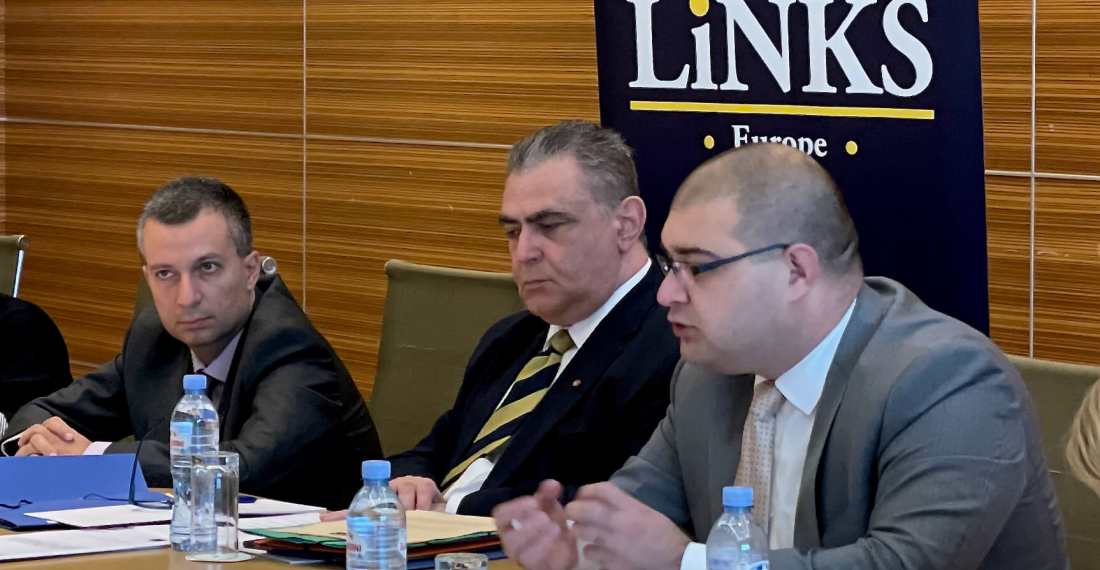Rapporteurs say Armenian and Azerbaijani experts working on a report on how short, medium and long-term confidence building measures can contribute to lasting peace in the South Caucasus are on schedule to publishing their report next March. The group is currently engaging with both governmental and non-governmental stakeholders, and a number of interim discussion papers will also be published over the next weeks.
The three co-rapporteurs of JOLIG, an Armenian-Azerbaijani Joint Liaison Group of experts, held an on-line meeting on Tuesday (21 December) to review progress in the work of the group, assess recent developments and plan the next steps.
The Joint Liaison Group on confidence-building measures in support of lasting peace in the South Caucasus (JOLIG) held its first meeting in Kachreti, Georgia on 30 September 2021, and is composed of twenty experts, practitioners and activists from Armenia and Azerbaijan.
The group is currently preparing a report on how short, medium and long-term confidence building measures can contribute to lasting peace in the South Caucasus. The report is expected to be presented by the end of March 2022, but a number of short discussion papers are also being published in the interim.
related content: Opinion: In the South Caucasus, one year after a costly war, a glimmer of hope for peace
The three co-rapporteurs of the Joint Liaison Group: Benyamin Poghosyan, Chairman of the Centre for Political and Economic Strategic Studies (Yerevan), Ahmad Alili, Director of the Caucasus Policy Analysis Centre (Baku) and Dennis Sammut, Director of LINKS Europe (The Hague), reviewed recent developments in Armenia-Azerbaijan relations, as well as in the wider region, including the trilateral Russia-Armenia-Azerbaijan meeting in Sochi on 26 November, and the trilateral EU-Armenia-Azerbaijan meeting in Brussels on 14 December, and in particular noted the importance given to confidence and trust building measures in the statements coming out of both meetings. The rapporteurs agreed on a schedule of work over the next three months. In the execution of its work the Joint Liaison Group is engaging with both governmental and non-governmental stakeholders. The group’s work is facilitated by LINKS Europe foundation and is supported by the European Union.
related content: Armenian and Azerbaijani experts send joint recommendations on process of confidence-building in the South Caucasus to Eastern Partnership summit
For further information on the work of the Joint Liaison Group please contact the Group's secretariat at LINKS Europe (office@links-europe.eu)






